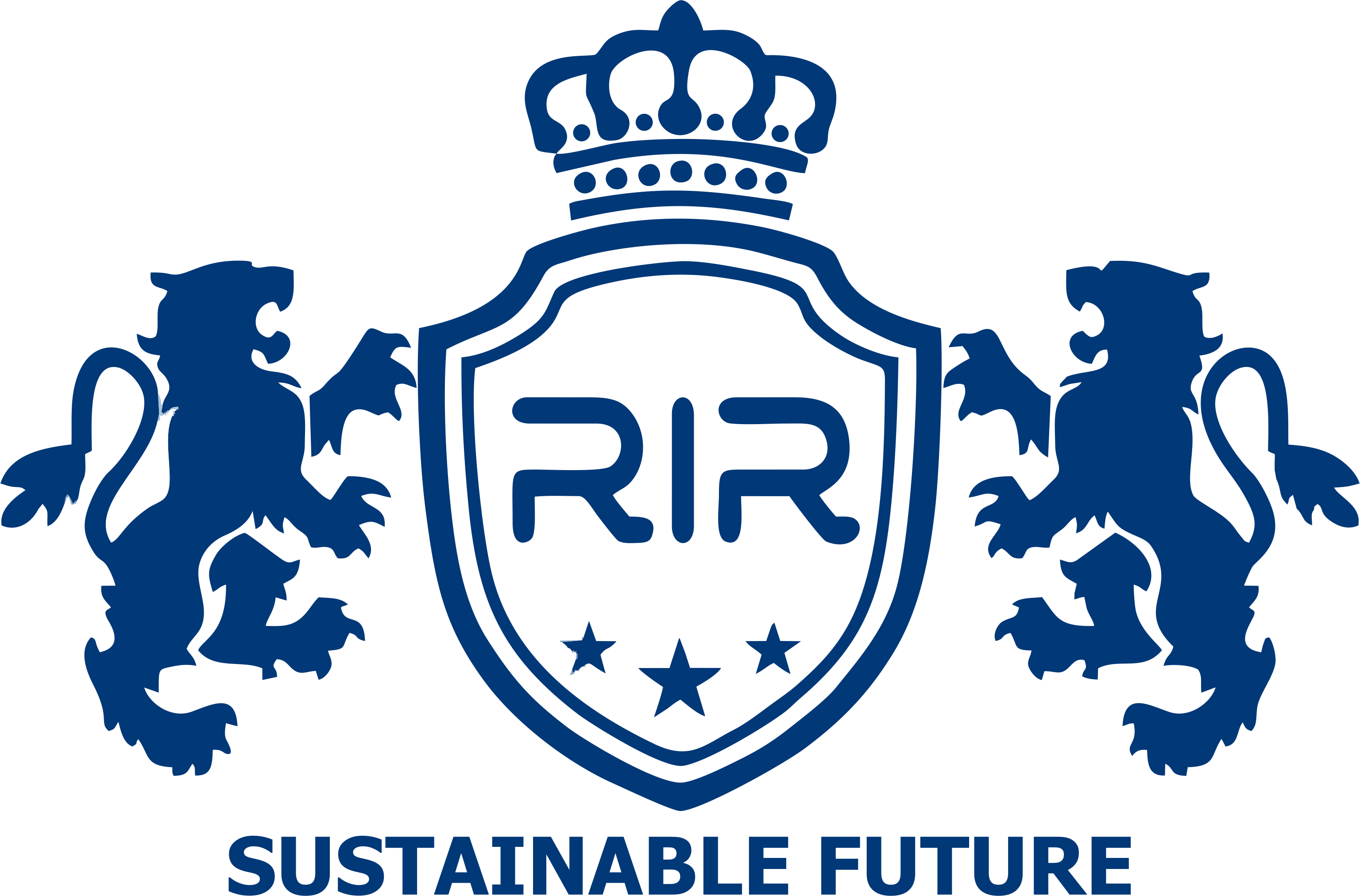FOOD SAFETY MANAGEMENT SYSTEM
ISO 22000:2018
Services
FOOD SAFTY MANAGEMENT SYSTEM
ISO 22000 is an international standard suitable for the entire food chain business, including equipment production, material packaging, detergents, additives and raw materials.
ISO 22000 is a standard in which the main contents of ISO 9001 and HACCP are mixed and supplemented, thereby providing an effective framework for the development, implementation and continuous improvement of the Food Safety Management System (FSMS).
With the revision of ISO 22000 in June 2018, the existing ISO 22000:2005 certificates will expire on June 1, 2021. The organizations certified to ISO 22000:2005 must complete the transition to ISO 22000:2018 before the expiration date, and all initial and re-certification organizations must be certified to ISO 22000:2018 after June 2020.
Major changes to ISO 22000:2018 are as follows:
- Stronger emphasis on leadership responsibilities
- Applying a risk-based approach to developing a food safety management system
- Clarification of key concepts including :
- Plan-Do-Check-Act cycle has two separate cycles : one that deals with the management system and one that deals with the HACCP principles, working together within this standard
- Differentiation of key terms including Critical Control Points (CCPs), Operational Prerequisite Programs (Operational PRPs), and Prerequisite Programs (PRPs)
- Improved versatility with other ISO management systems through content relocation of standards with high-level structure structures
- ISO 22000:2018 Requirements
ISO 22000:2018 applies a high-level structure that is applied to standards such as ISO 9001:2015 and can be managed by integrating with other standards. In addition, the clarity and applicability of the standard are improved with consistent use of structure, definitions, and terminology.
- Scope
- Normative References
- Terms and definitions
- Context of the Organization
- Leadership
- Planning
- Support
- Operation
- Performance Evaluation
- Improvement
• The importance of ISO 22000
ISO 22000 integrates the principles and application stages of the Hazard Analysis and Critical Control Points (HACCP) system developed by the International Food Standards Committee. This standard requires the identification and evaluation of all expected hazards in the food chain, including hazards that may be associated with process forms and facilities. Therefore, ISO 22000 helps to distinguish between identified hazards that need and don’t need to be managed and provide a means for documentation.
This standard helps you as the following things:
- Establishment of effective FSMS management measures and minimization of risks in the implementation process
- Secure reliability of the organization
- Improving employees’ sense of responsibility
- Improving the sustainability of the business
This standard is applicable to all organizations directly or indirectly involved in the food chain, including the follows:
- The producers of feed, animal food, and ingredients
- The harvesters of wild plants and animals, farmers
- Manufacturers and retailers of food
- The organization providing food services including restaurants, fast food franchises, hospitals, hotels, and catering
- Storage and Distribution services, suppliers of equipment, additives, raw materials, cleaning and disinfectants, and packaging materials
In conclusion, some or all of the ISO 22000 requirements will apply to all products in the food industry or food chain.
- Estimated effectiveness of ISO 22000
- Clients Satisfaction:- Achieved through the delivery of products that consistently meet the client requirements, including quality, safety, and legality.
- Reduced operating costs:- Consistently process improvement and reduced the costs due to operational efficacy
- Operational Efficacy:-The integration of PRPs & OPRPs and ISO 9001 Plan-Do-Check-Act to increase the effectiveness of the FSMS.
- Improving stakeholder relationship:- Including employees, clients, and suppliers
- Compliance with laws:- Understand how legal and regulatory requirements affect compliance with your company, clients and testing regulations through internal audits and management reviews.
- Improving risk management:- Achieved through increased product consistency and traceability
- Verified business reliability:- Achieved through independent verification of recognized standards
- Business expansion;- The client requires a certificate as a delivery qualification.
